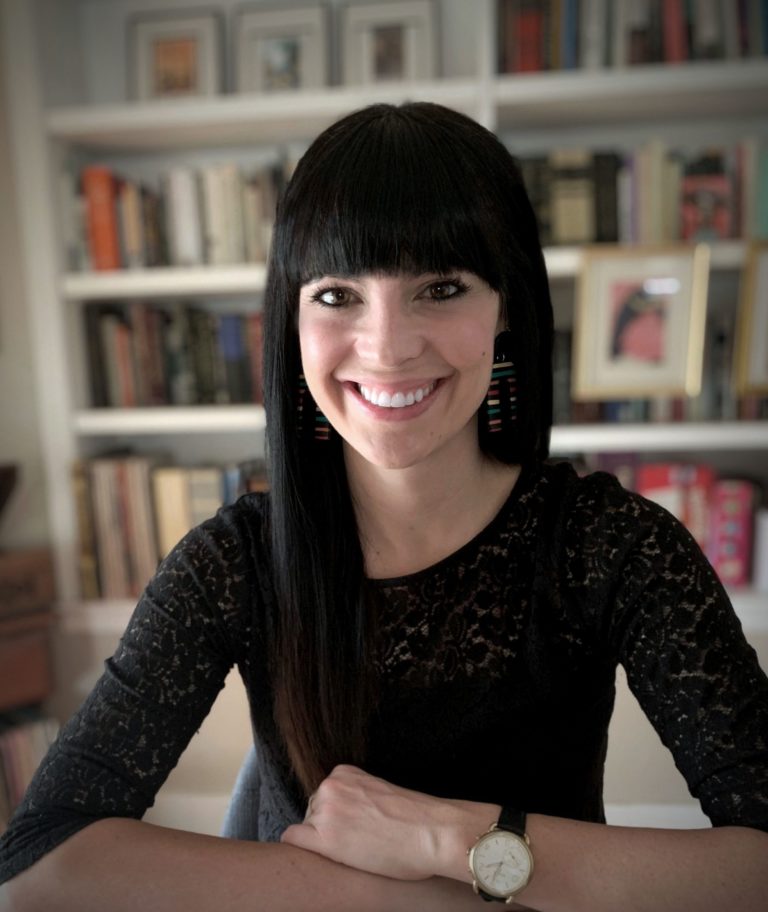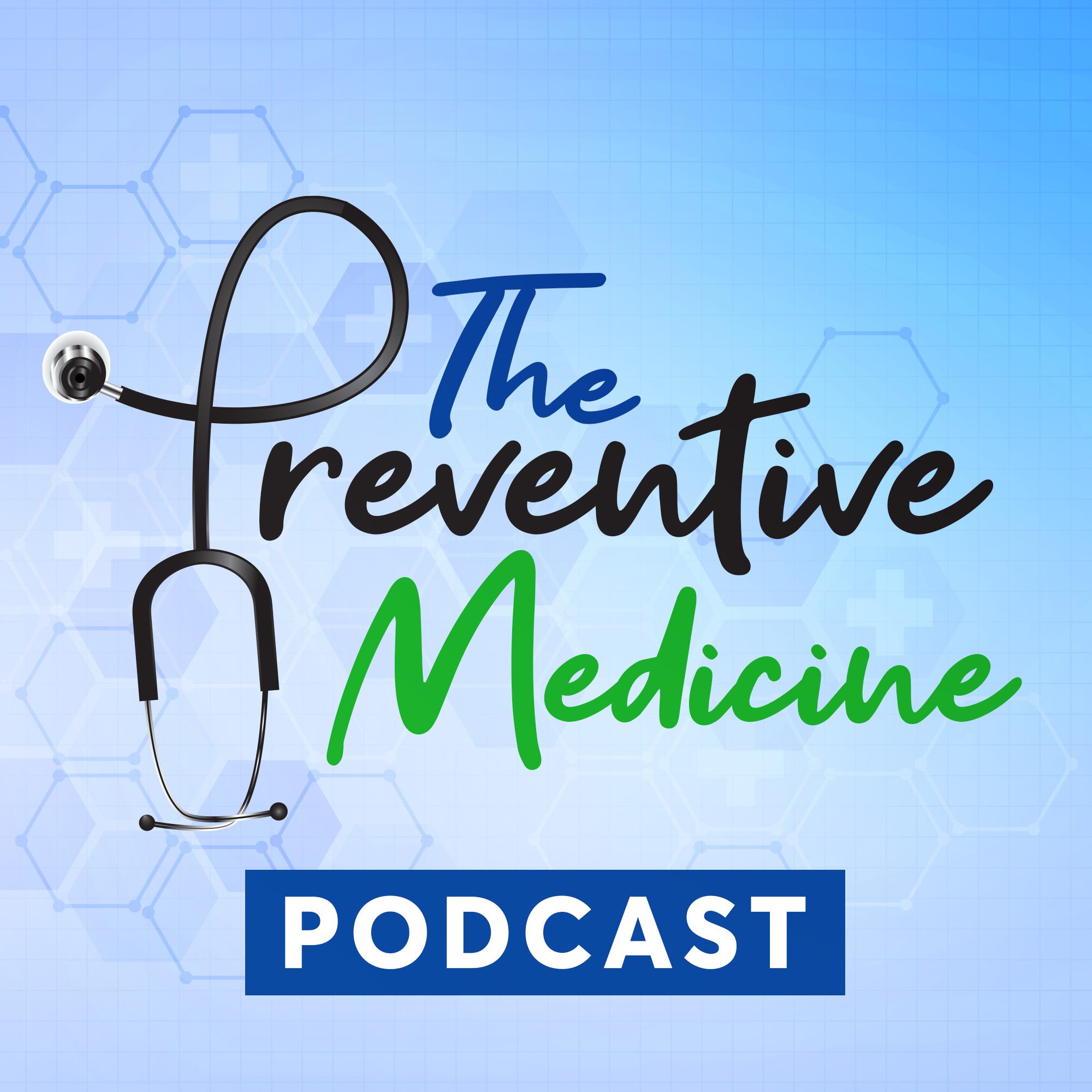
What does death and dying have to do with prevention? We’re supposed to prevent that from ever happening right? Well, unfortunately none of us can avoid death at some point; yet, our healthcare system hardly addresses the needs and medical care of those nearing the end of their life. Luckily, there are people who focus a large part of their career to just that. Dr. Nicole Piemonte is an assistant professor and assistant dean at the Creighton University School of Medicine having earned her PhD in Medical Humanities. On top of that, Dr. Piemonte is the author of two excellent books – “Afflicted: How Vulnerability can Heal Medical Education and Practice” as well as “Death and Dying.”
In this episode, we discuss all things death and the role of preventive medicine around the end of life. We talk about how many people now die in circumstances against their wishes, how the hospital became a place of death, how the medical system isn’t designed to care for dying patients, and what we can do about it. This podcast covers many important topics that might not seem relevant at the time but that quickly become all encompassing in unfortunate circumstances. Give this episode a listen and let me know what you think!
Nicole's Social Media:
Show Outline:
- Tell us a little bit about yourself, what do you do on a daily basis and what gets you out of bed in the morning?
- What does preventive medicine mean to you?
- What do the words “goals of care mean” and do they mean different things for physicians vs. patients? What is an advanced directive?
- Physicians are not taught very much about end of life care, why does it matter and how can focusing on it actually improve quality of life? Can this also reflect prevention?
- As healthcare providers, how do we help families understand what is going on with their loved one when they are acutely dying or are near death?
- What does it mean to have “excellent care” for a dying patient?
- what is hospice
- You write a lot about introducing the humanities within medicine, which is sorely needed, but how can this practically be implemented when there are already so many demands on healthcare providers
- Do you think that introducing vulnerability and reflection for medical/healthcare trainees can reduce the risk for inadequate care due to indifference?
- If you’re recognized in a coffee shop and someone asks you how to be healthy, what do you tell them in 2 minutes?
Join our Mailing List HERE:
Podcast: Play in new window | Download (Duration: 52:49 — 72.5MB)
Subscribe: Apple Podcasts | Spotify | Stitcher | RSS | Subscribe here on any platform!
